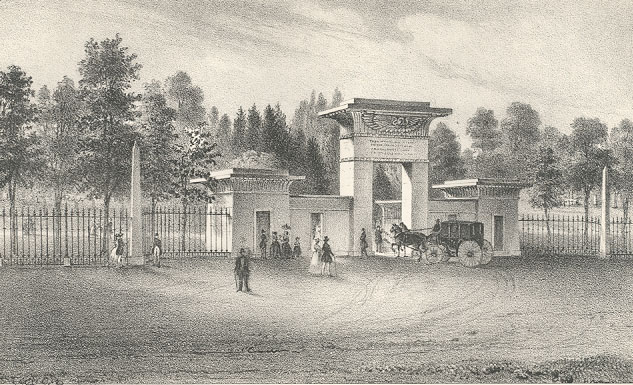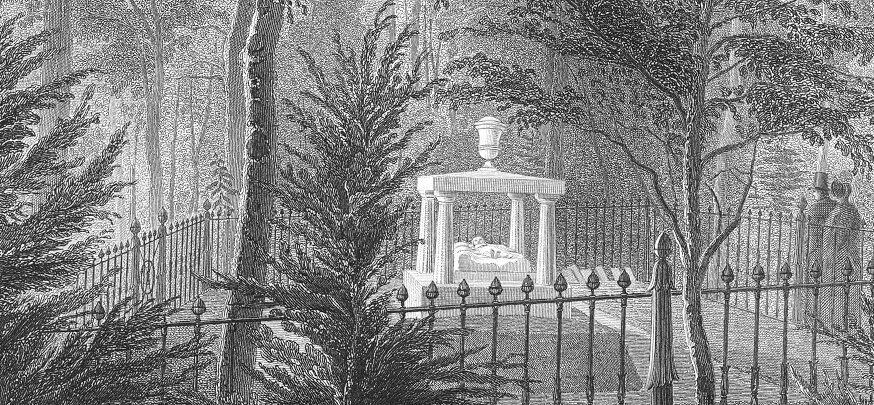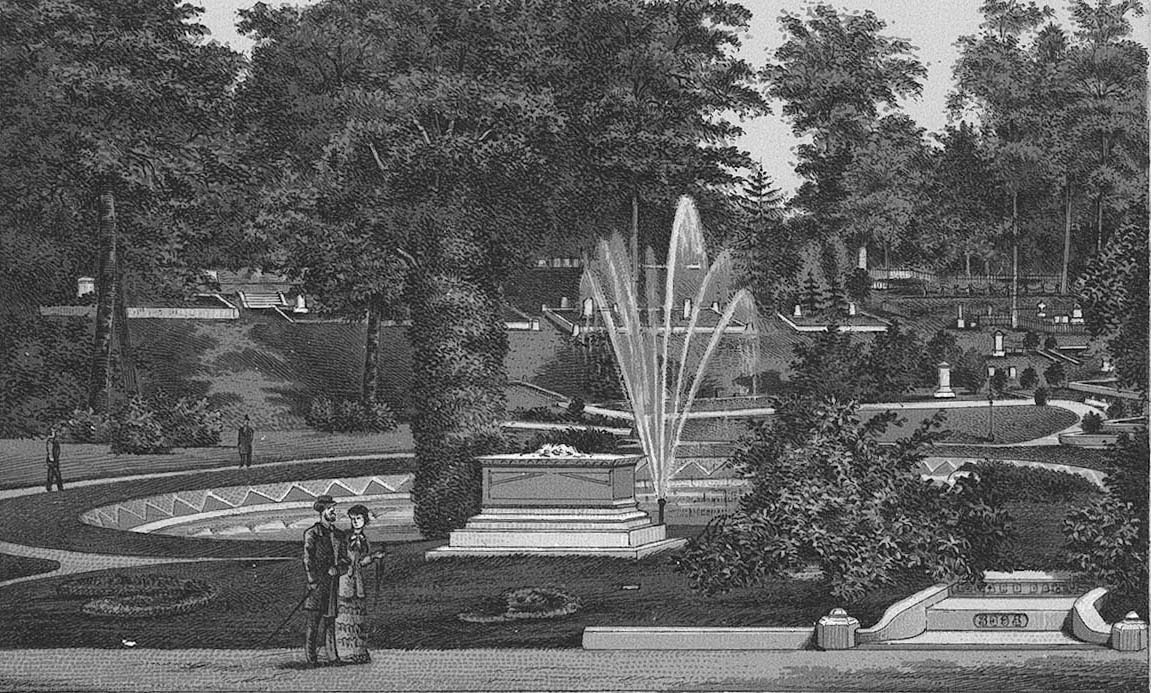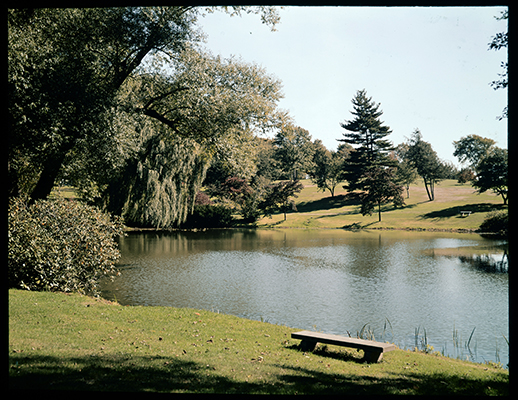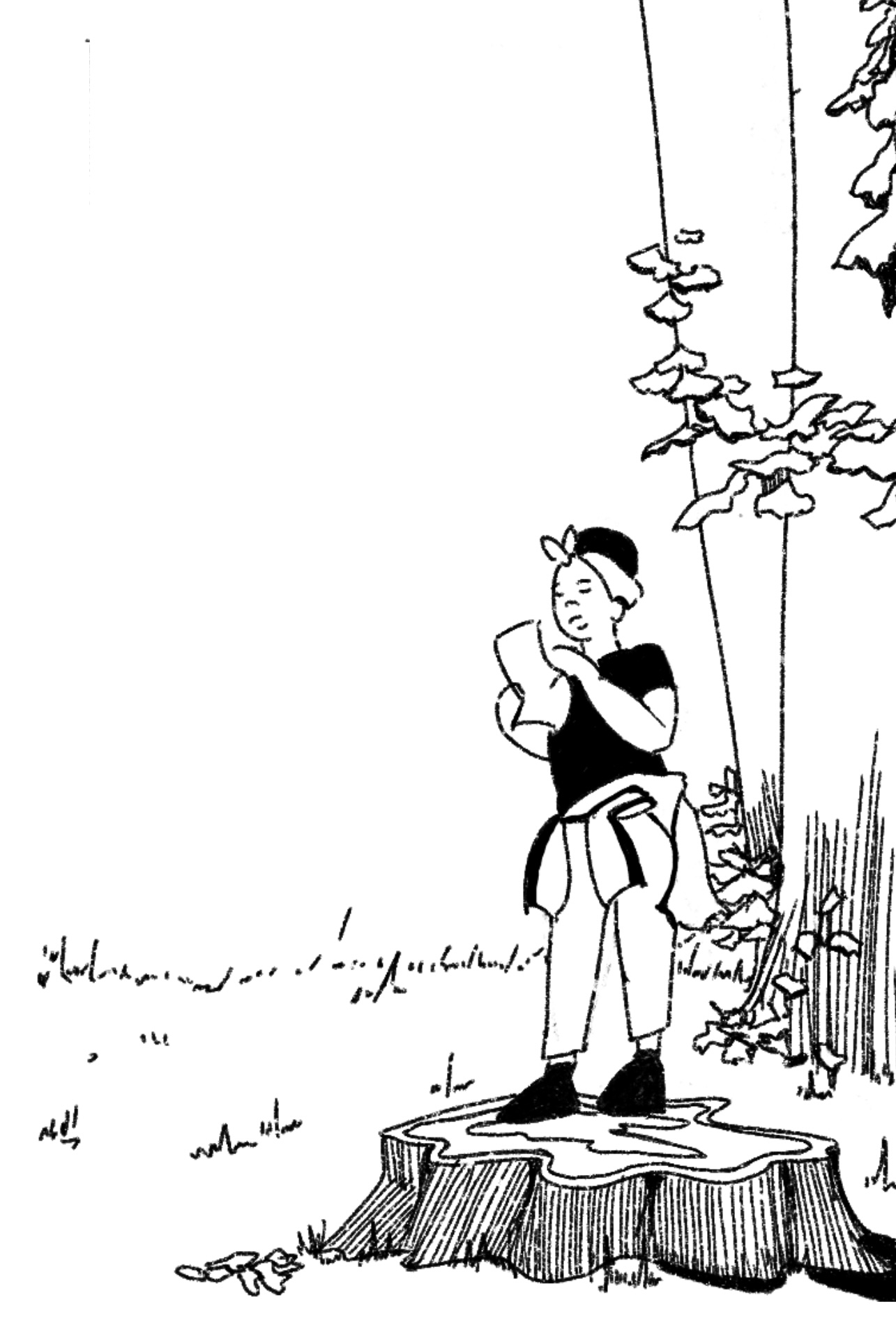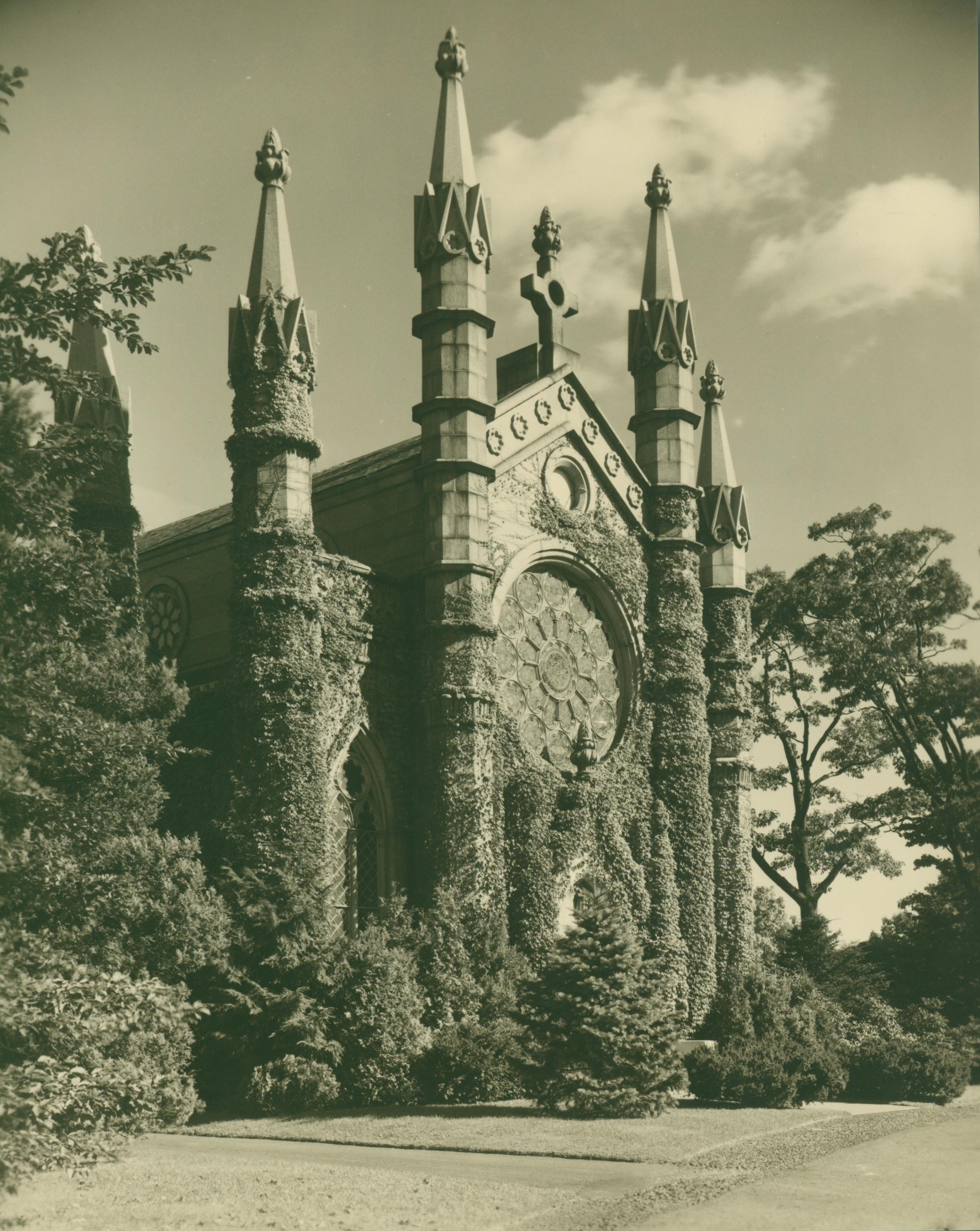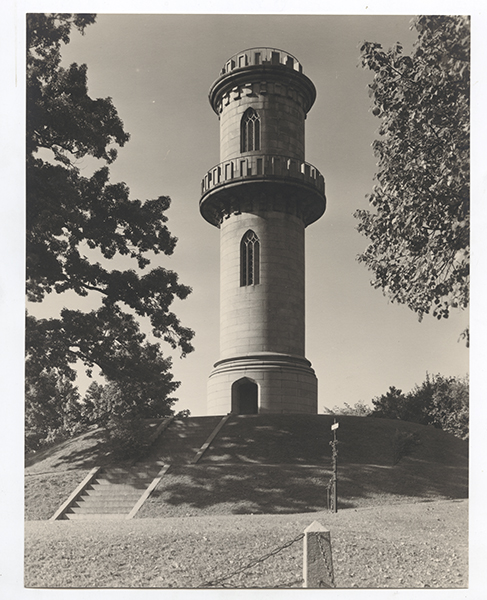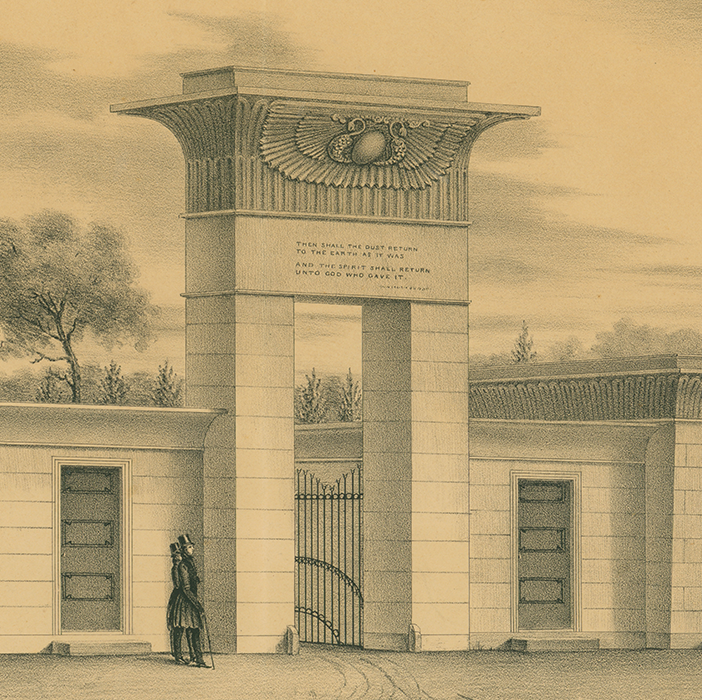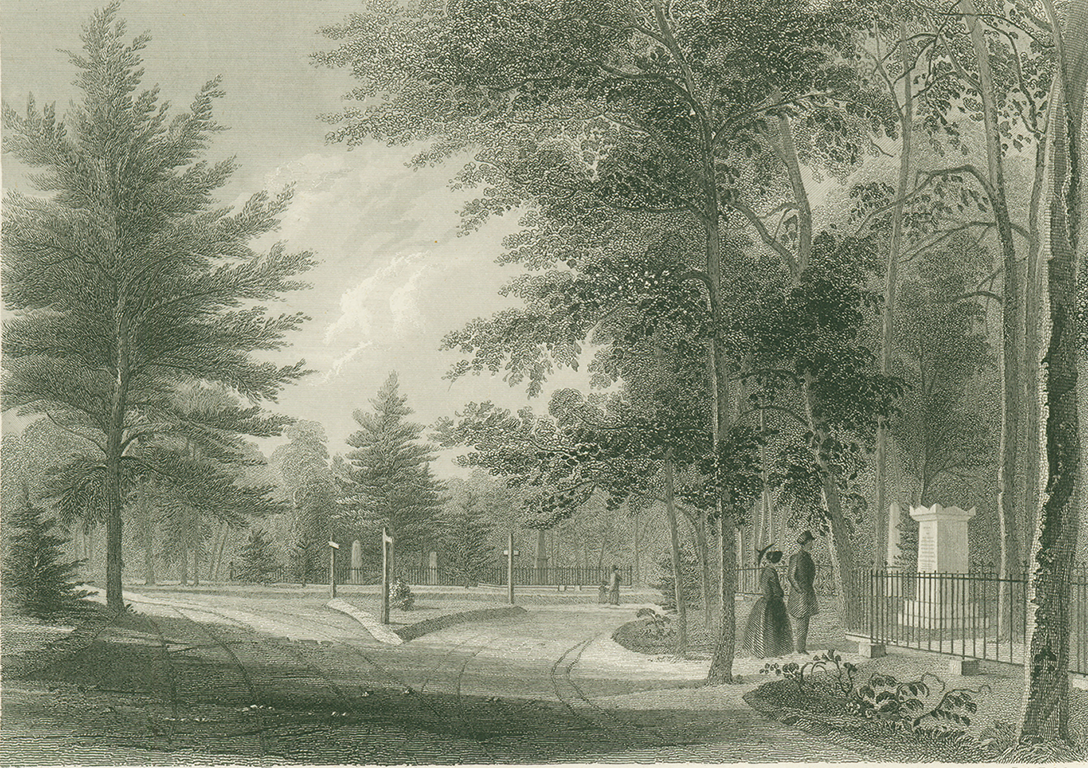History
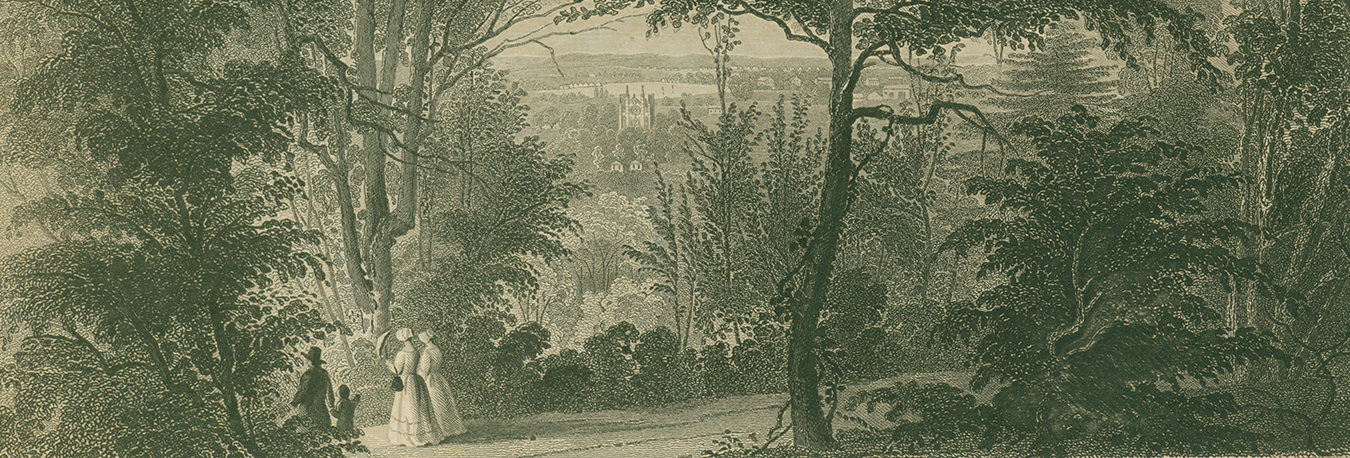
Mount Auburn Cemetery was the expression of a new idea.
Before 1831, most Americans were buried in isolated plots or in crowded town graveyards. Mount Auburn's founders had a new vision. They designed a tranquil, natural setting, well outside the city, to bury and commemorate the dead and to inspire and comfort the living. This principle continues to guide the Cemetery's management and use today.
Over time, Mount Auburn responded to changing ideas about burial, mourning, and even death itself. The Cemetery's landscape illustrates customs in American society over nearly two centuries.
Our Historic Eras
For Further Reading
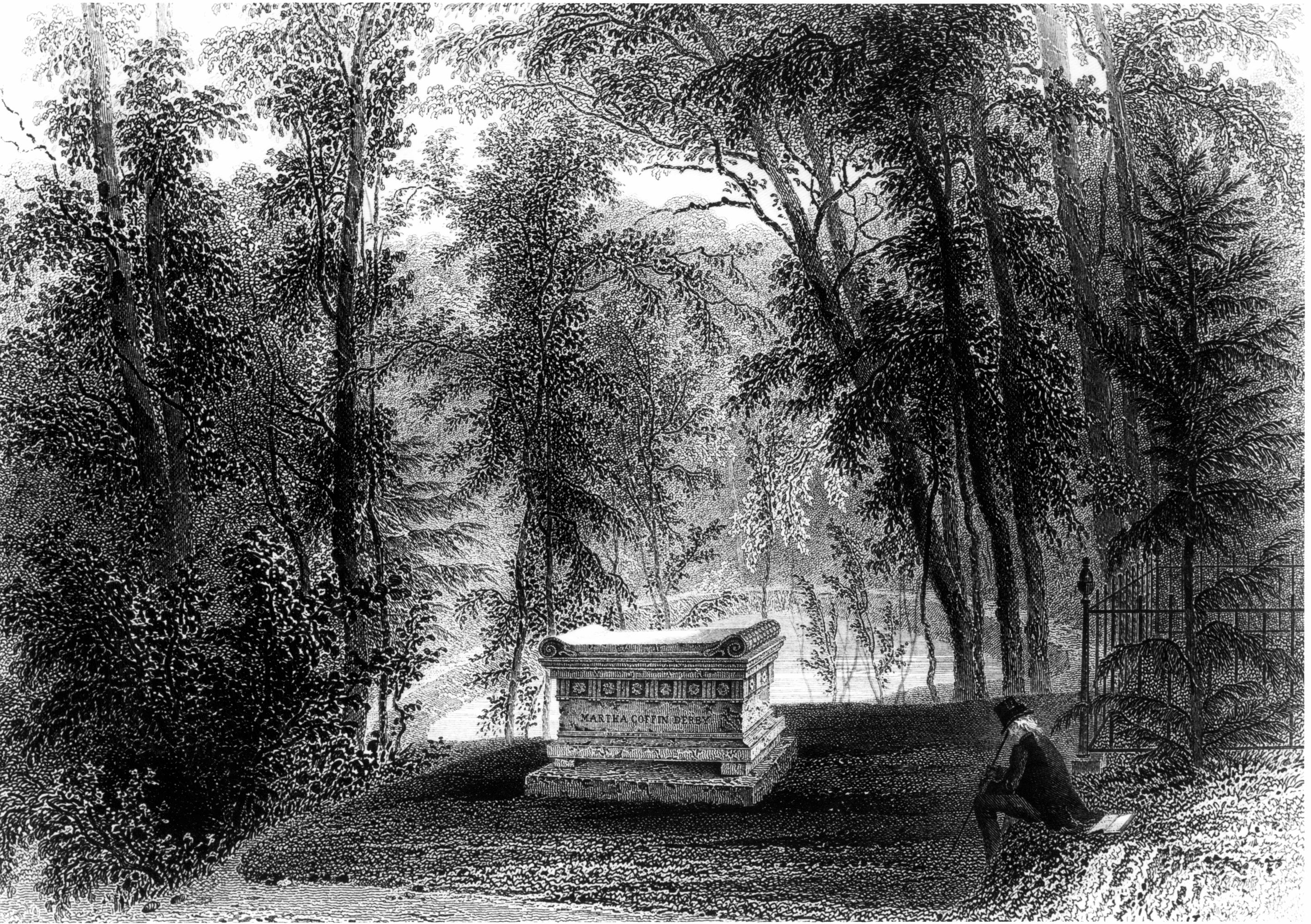
The Founding
Mount Auburn’s founding in 1831 transformed the way Americans commemorated and buried their dead. The Consecration Address of Joseph Story, Mount Auburn’s first president, outlines this bold new vision.

